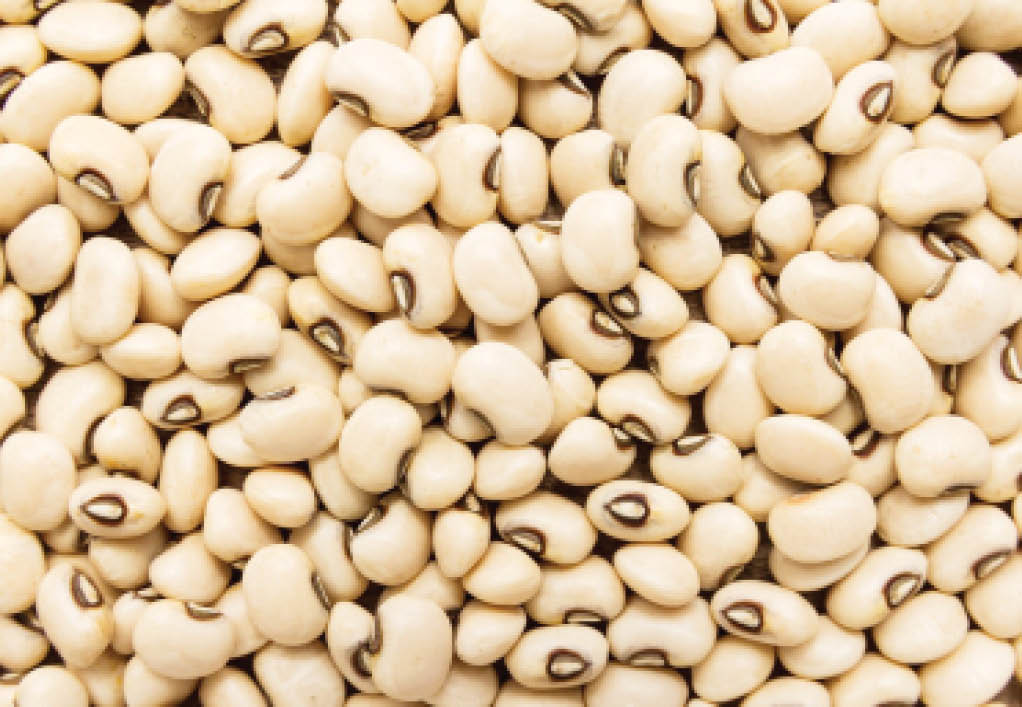Experts have warned that the price of beans may not go down any time soon in Nigeria.
The country used to be the largest producer of beans—about 58 percent of the global output, according to the Nigerian Export Promotion Council (NEPC).
But factors like banditry, farmer-herder clashes and climate change among others, have been identified as some of the major factors that have negatively affected beans production.
Poor storage facilities and unhealthy storage methodologies have negatively affected beans consumption and its availability.
According to the chairman of Kano wing of All Farmers Association of Nigeria (AFAN), Alhaji Abdulrasheed Magaji Rimin Gado, production of beans has dropped due to climate change and issues related to insecurity.
“Unfortunately, the reduction in bean production is due to insecurity issues that have characterised most of the beans producing areas in the North. It was gathered that Niger Republic supplies about 45 per cent of the beans we consume in these states and the exchange rate of Naira to francs is not helping matters. Merchants can no longer bring in beans because with the exchange rate, no one can afford it,” he said.
He added that to make things worse, a report reaching the association shows that the Republic of Niger has also banned exportation of agricultural products to countries like Nigeria.
“These recent developments may not allow the price of beans and some other agricultural commodities to go down. There is also a need to introduce dry-season beans production to augment the lapses and gaps in the wet-season production. There is an urgent need for the government to introduce an effective price control to regulate beans availability and affordability,” he revealed.
A beans merchant at Dawanau International Grain market Alhaji Musa Gawuna revealed that beans have not
been produced in high quantities despite the rise in demand. According to him, farmers want to leave the farm early due to fear of farmer-herder conflict and as such didn’t cultivate beans as expected.
Weekend Trust had reported that Niger’s military authorities have banned rice, cereal and other food exports to all countries except fellow Alliance of Sahel States (ASS) members to protect local supply.
ASS is a confederation formed between Mali, Niger and Burkina Faso as a mutual defence pact following the 2023 Nigerien crisis, in which the West African political bloc ECOWAS threatened to intervene militarily to restore civilian rule after a coup in Niger earlier that year.
With the country experiencing high inflation on certain foods, the products banned for export besides rice include legumes such as cowpea, and cereals like millet, sorghum and corn.
The government said in a statement in October that Junta chief Abdourahamane Tiani took the measure “to protect the supply of the internal market” and “make the goods of mass consumption accessible.”
Weekend Trust also reports that “These prohibitions do not apply to exports” to Mali and Burkina Faso, Niger’s allied neighbours which are also ruled by military leaders who took over power in coups.
Niger is a key regional supplier of cereals, especially for some states in neighbouring Nigeria.
Although the sanctions imposed on Niger by the West African bloc ECOWAS in the wake of the July 2023 coup were lifted in February, the sanctions have nonetheless disrupted regular supplies to Nigerien markets where inflation remains high for products, including rice.

 Join Daily Trust WhatsApp Community For Quick Access To News and Happenings Around You.
Join Daily Trust WhatsApp Community For Quick Access To News and Happenings Around You.

